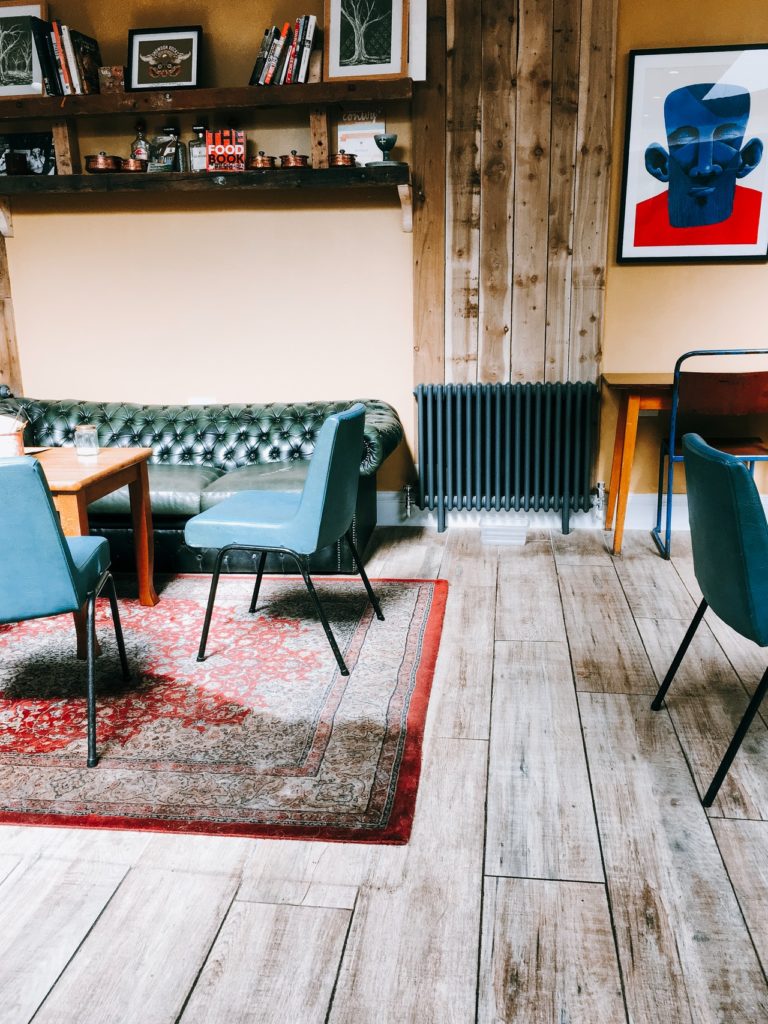Homeowners in the United States may be familiar with the traditional air systems typical of many houses, such as the air conditioning unit and furnace. However, as energy efficiency and budgetary needs have evolved, popularity in heat pump technology has become more and more of an industry-standard in recent years, allowing families to benefit from heat energy and financial savings. Here, we will take a quick look at how a heat pump works, as well as three tips for finding the heat pump that is right for your home.
1. Know the basics of heat pump technology.

The most important tip for any homeowner before investing in a heat pump for your home is to learn the basics of its modern technology and understand why it has become such a popular alternative to air conditioners and traditional gas furnace units. Basically, a pump is an all-in-one cooling and heating system that works to replace those two single units. Although the concept of a heat pump is a simple one, there are three types to choose from. In general, however, heat pumps consume energy very efficiently, and both the financial savings and the environmental benefits are universal.
During the warmer months, the unit extracts the natural heat from inside your house and transports it outdoors; during the cold months, it heats the outdoor air and moves it inside. Because a heat pump is incredibly energy-efficient, it also saves a bundle of money on both your heating and cooling bills year-round.
2. Know the different types of heat pumps.
It’s easy to describe the three different types of heat pumps on the market, but it’s important to understand the diverse technology behind each of the three kinds: air-source heat pumps, split-ductless heat pumps, and geothermal heat pumps. Each variation has great heat pump efficiency, but your climate and personal needs (including budget) may dictate your eventual choice. If you’re also concerned with health, wellness, and modernization, gaining some education on the ins and outs of your home’s infrastructure is a part of reinventing yourself. Tackling some of the needed remodels throughout your home may get your out of your comfort zone, and you may experience the gratitude that comes with mastering a new hobby. It’s the ultimate learning experience. Only you know the needs and concerns of you and your family, and modernizing your home is a great place to start.
Perhaps the most popular heat pump style is the air-source heat pump, which is also known as air-to-air. This variation is constructed of two parts that are coefficient of performance: an outdoor unit, which extracts the heat from outdoors, and an indoor unit that transfers the heat into your home. Likewise, a spit-ductless unit is also made up of two separate units, an outdoor compressor and a system of one to four indoor units called “handlers.” As the name suggests, this form of heat pump doesn’t require ductwork. Once installed, however, this system circulates refrigerant (much like a traditional air conditioner) through a network of pipes connecting the indoor and outdoor units. Of the three heat pump styles, split-ductwork is particularly energy-efficient, as well as convenient; it can even be adjusted by remote control or, in some cases, a mobile app.
Finally, there is the geothermal heat pump, also referred to as a ground-source pump, since this technology requires its own network of pipes to be buried into the ground outside your home. Here, the heat is moved along the pipes, transferring heat indoors or outdoors. Unlike the other two heat pump forms, geothermal technology also controls the humidity within your home, which is a major bonus if you live in a warmer climate.
3. Know your budget.

One way or another, a heat pump system will save you money in the long run, primarily due to the unmatched energy-efficiency and year-round, single-system design that requires less energy. However, there is a price difference among each heat pump type. The best way to select which pump you’ll ultimately choose is to consider your budget and needs.
Of equal importance, consider the climate of where you live and think about the pros and cons of the heat pump variations. For example, due to the humidity controls, geothermal heat pumps may be ideal for families in warmer regions, while the split-ductless heat pumps may be a good fit for those in colder regions where drafts and cold air leaks are a concern. How much energy you’re going to consume is completely dependent upon your use, but the reliability of a heat pump system is unbeatable. While it’s imperative that, no matter which you choose, a professional technician handles the installation, a heat pump is a new way to have a smaller environmental impact and keep your family’s energy costs and utility bills at an all-time low.






